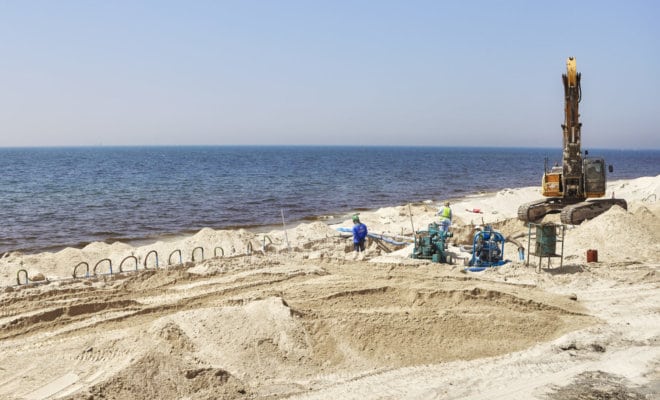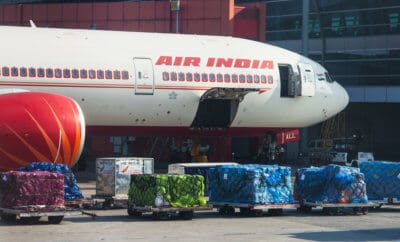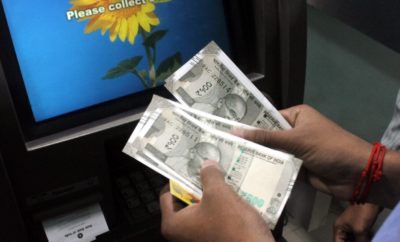Immigration
Indian Job Seekers in UAE Struggle to Get Certificate of Good Conduct

Workers at a beach construction site between Dubai and Sharjah.
Photo: Bigstock
Applicants from India have been informed that the waiting period to obtain the Certificate of Good Conduct is 40 days, according to a report.
Thousands of expats, including Indians, are struggling to get a Certificate of Good Conduct (CGC), which has been made mandatory for job aspirants seeking to obtain a work visa in the United Arab Emirates.
The long waiting time, expensive procedure, and lack of clarity are making it tough for those seeking a CGC or police clearance certificate (PCC), the Khaleej Times reported. The new rule came into effect from Feb. 4 this year.
Indian job aspirants who are on a visit visa to the UAE have been informed that the waiting period to obtain PCC is 40 days, the publication reported, citing a study conducted by it. To obtain the certificate, some workers are going to application centers and then to the local diplomatic missions, and waiting in long lines.
Indian citizens who wish to acquire the certificate can get it from BLS International, a company that provides government-to-citizen services. However, a minimum waiting period of 40 days is required to finish the process. Anwar Naha, the president of Kerala Muslim Cultural Centre (KMCC), said that people are required to furnish multiple documents to procure the certificate, the report said.
In the absence of any standing instructions, Indian missions are also seeking more clarity over whether PCCs issued within UAE will be accepted by local authorities. “We have taken the matter up with local authorities and unless we get official instructions from the UAE government, we cannot issue the PCCs in Dubai,” Vipul, the Consul-General of India to Dubai, was quoted as saying in the report.
Many foreign workers, who have been employed recently, will find it very expensive to fly back to their home countries, and return to work. Several are unsure if they will still have their jobs if they go back to their home countries.
The price of procuring a PCC from India that has been attested in the UAE is Dh580, inclusive of value-added tax. An applicant needs to wait for five to eight days for the completion of the attestation process.
Indian citizens seeking the certificate can apply on the online portal of the Ministry of External Affairs’ (MEA) Consular, Passport and Visa division. They can go to the police authorities of the state they live in to receive the certificate. Online payment has to be made to get a prior appointment. They can schedule an appointment for its collection but they are required to get the PCC attested by missions and local authorities.
According to the UAE embassy in India, to obtain a PCC or CGC, the candidate has to get his fingerprints attested in black ink by the local police station of their city, then by the Ministry of Home of his state and then by the Ministry of External Affairs of India.
“The candidate can also directly approach the fingerprint cell in Patiala House to get fingerprints done. Attested finger prints are then to be submitted in the UAE Embassy (either themselves, or through his blood relatives, or through any of our authorized agents),” said the embassy in a statement. The timings are from 9 am to 12 pm from Monday to Friday. Once an applicant has received the attested fingerprints back, they have to send them to the appropriate agency in the UAE, along with some other documents like the fingerprint form legalized by the UAE Embassy.
A large part of UAE’s workforce consists of Indian immigrants. Indian expatriates sent the maximum amount of remittances back home from the United Arab Emirates in the third quarter of 2017, according to UAE Central Bank. Dh43.3 billion was sent by expats to their home countries in Q3, of which Indians sent Dh15.46 billion.




You must be logged in to post a comment Login